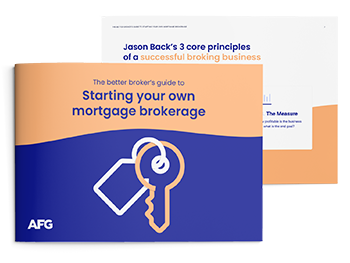Pets have been long maligned by landlords for their potential to make a mess and cause damage. But with pet ownership in Australia ranking the highest in the world, property investors who turn their backs on our furry friends could be missing out on tenants and dollars.
Before they dismiss dogs and cats, landlords should consider that 60 per cent of Australians have pets and one-third of households rent. Saying “no” to Fido and his feline foes means narrowing the rental funnel. At a time when national vacancy rates are climbing, this could be a costly choice.
Many landlords are now welcoming pets and reaping rewards. Here are some tips to help you embrace a pro-pet policy.
Pets don’t rent – their owners do
Opening the door to pets immediately makes your property more attractive to a wider range of tenants. The key is to consider whether the pets, particularly dogs, are well managed and trained. This can be hard to assess unless you happen to know your renters, so a little extra leg work is required.
Arrange to meet the applicant with their pet so you can see the animal for yourself and how it behaves. Reference checks are also crucial and, if you are especially diligent, a chat with the applicant’s previous neighbours should give you extra insight into their pet management. Some renters are even developing resumes for their pets, with photos, references and medical history.
Keep in mind that while you are not allowed to discriminate against rental applicants on the basis of race, gender, marital status etc, applicants cannot claim discrimination if you reject a particular pet.
Higher yields, longer stays
So prevalent are anti-pet policies that a researcher at the University of Western Sydney is now investigating the social impacts of these restrictions on renters and the broader community.
Because it can be so hard for tenants with pets to get a paw in the door, they are often prepared to pay a premium to secure a property. While this does not mean charging more because someone rocks up with a pet, it gives landlords the opportunity to pitch their properties to pet owners and structure their rents accordingly.
For the same reason, pet-lovers are also likely to stay longer, which means lower turn-over and lower rental costs for landlords. Although data is scant, one 2003 survey in the United States showed renters with pets stayed an average of 46 months, compared to just 18 months for those without.
Have a pet agreement
Make sure your rental agreement includes a pet policy that stipulates the pet owner is responsible for:
- Any property damage caused by the pet (inside and out).
- Injuries caused to the pet on the property.
- The pet’s behaviour (including barking).
- Regularly cleaning up after the pet.
Strata permission
If you own a strata property, such as an apartment, you will also probably have to convince the body corporate to permit pets. If you are on the body corporate you may have more sway in arguing your case. Some body corporates are loosening up, realising many buyers often have pets. Once owner-occupiers pave the way, it’s easier for renters with pets to get the nod.









